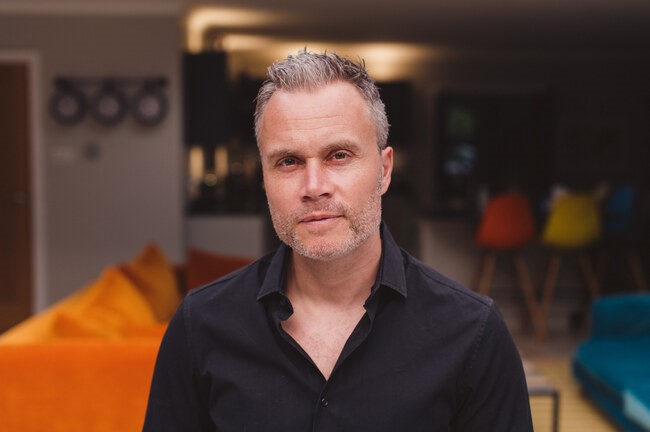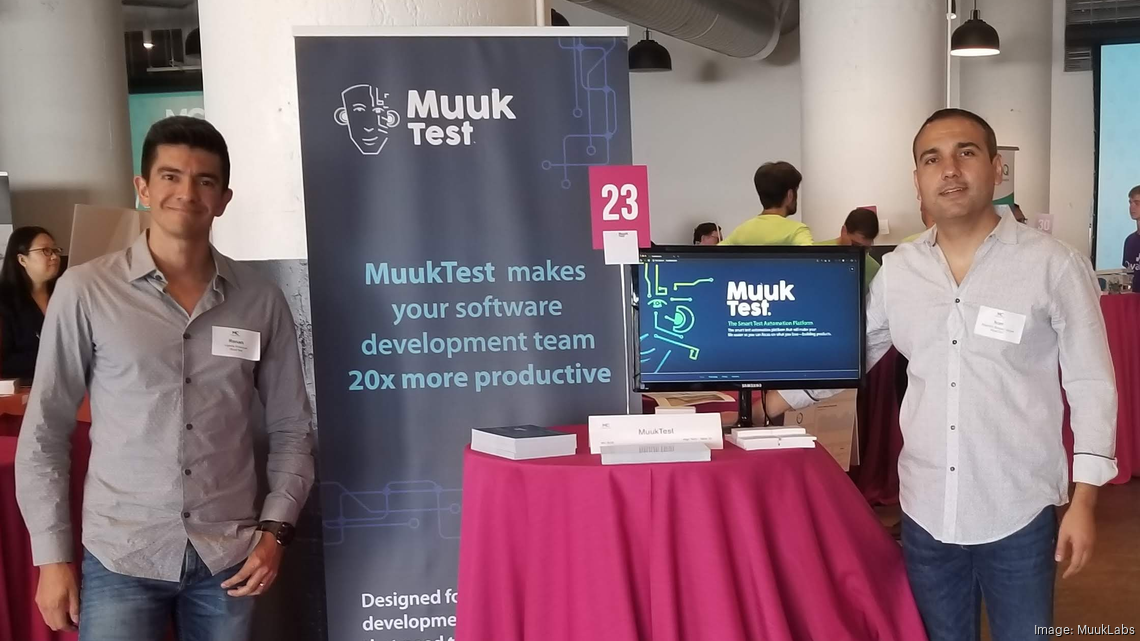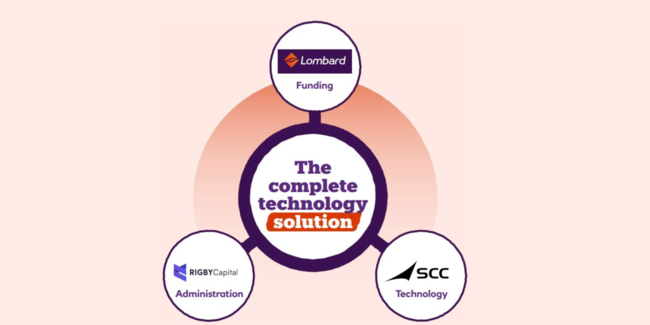In advance of the UK’s upcoming International Artificial Intelligence Safety Summit scheduled for November 1st to 2nd, 2023, to be held at the historic Bletchley Park, tech entrepreneur, futurist, and author of the techno-thriller novel “Artificial Wisdom,” Thomas R. Weaver, sounds a cautionary note. He believes that while AI holds immense promise as humanity’s ally in confronting significant challenges like climate change, it also presents potential risks, and without coordinated efforts to address these concerns and establish ethical guidelines, it could become our undoing.
Why Is the Summit Timely? Weaver contends that the time is ripe for building consensus about AI’s future. He explains, “The evolution of Artificial Intelligence is no longer on a linear growth curve, but an exponential one. We’ve enough evidence now to take AI seriously, and enough time to make changes to the way it is governed.”
Why Bletchley Park? As a local resident and a graduate with a degree in Computer Science from the University of Southampton, Weaver deeply appreciates the achievements at Bletchley Park. He states, “Bletchley is symbolic of the profound impact that computational technology and collective intelligence can have on the course of human events. It’s the perfect backdrop for a summit focused on AI safety—a new kind of global challenge requiring the same mix of innovation and ethics. The venue itself is a poignant reminder: get it right, and technology can be humanity’s game-changer; get it wrong, and the stakes are unimaginable.”
Weaver’s Predictions for the UK Summit Weaver envisions discussions at the Summit revolving around critical and high-stakes applications of AI, including autonomous weaponry, superintelligence, and AI in healthcare. Given Bletchley Park’s historical significance and the global attention on AI safety, the event could catalyse new international collaborations and agreements aimed at establishing ethical and safety standards.
“Discussions will likely centre around emerging, high-stakes applications of AI, such as autonomous weaponry, superintelligence, and AI in healthcare,” explains Weaver. “Given the venue’s historic significance and the global attention on AI safety, the Summit could serve as the launchpad for new international collaborations and treaties aimed at establishing ethical and safety norms.
“Any announcements about international agreements or collaborations will likely be front-page news. Controversial topics, like the use of AI in military contexts or the risks of unfettered AI development, will also be prime candidates for widespread media coverage, both mainstream and social.”
“I anticipate a blend of hopeful messages about international collaboration and what can be achieved by AI, fused with warnings about the potentially catastrophic consequences of neglecting AI safety.”
Weaver underscores the significance of this objective, stating, “While it’s exhilarating to stand on the cusp of a new frontier in AI, that very edge is a precipice we risk tumbling over if we don’t approach it with caution. As someone who has delved deep into the ethical murk of future technologies through both fiction and entrepreneurship, I can’t stress enough how vital it is that we develop a collective understanding of the risks involved—especially when it comes to employing AI in tackling monumental challenges like climate change. It’s not merely about drafting safety protocols; it’s about questioning the very mandate we give to these technologies.”
The International Artificial Intelligence Safety Summit promises to be a pivotal event, shaping the future of AI governance and ethics on a global scale.






